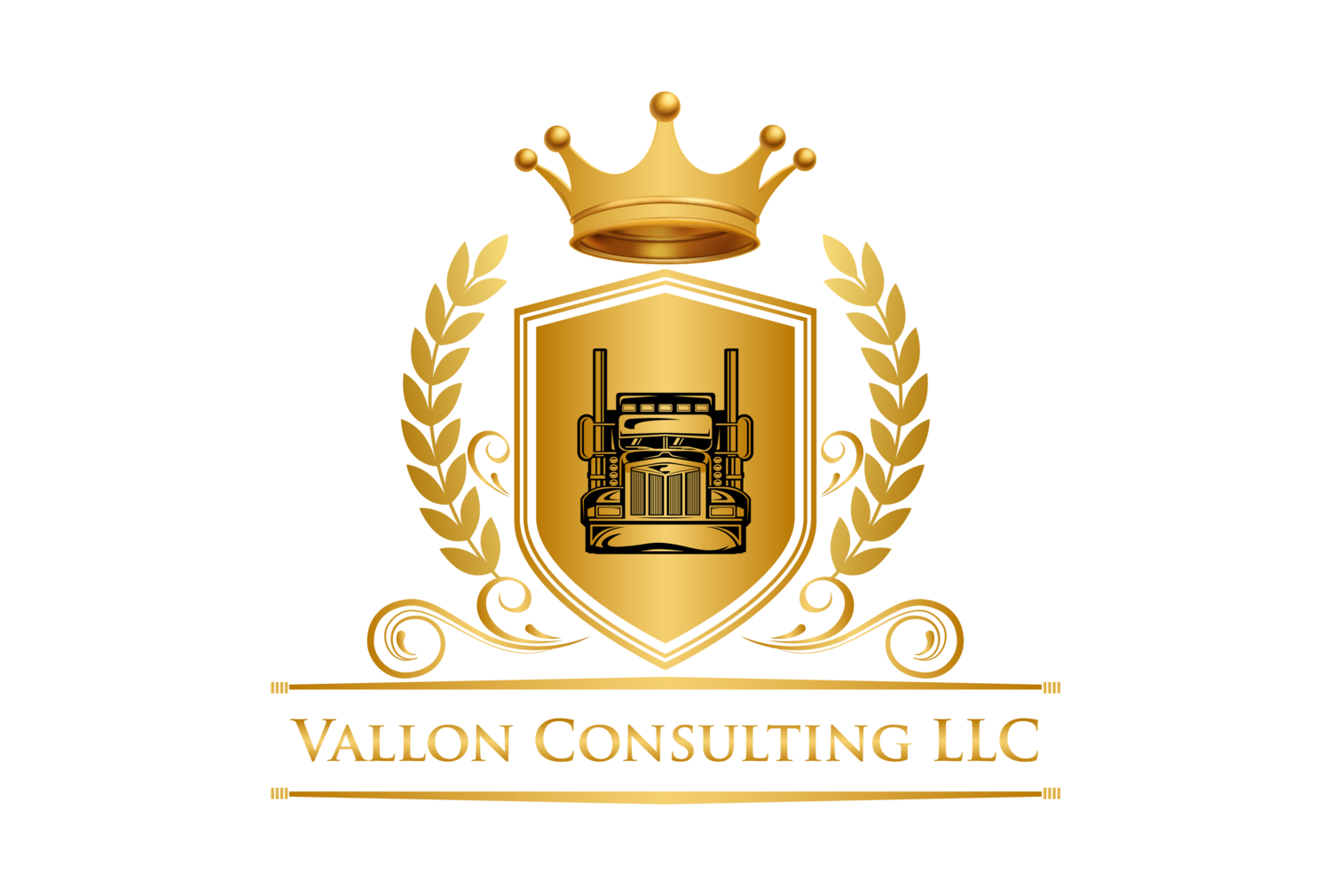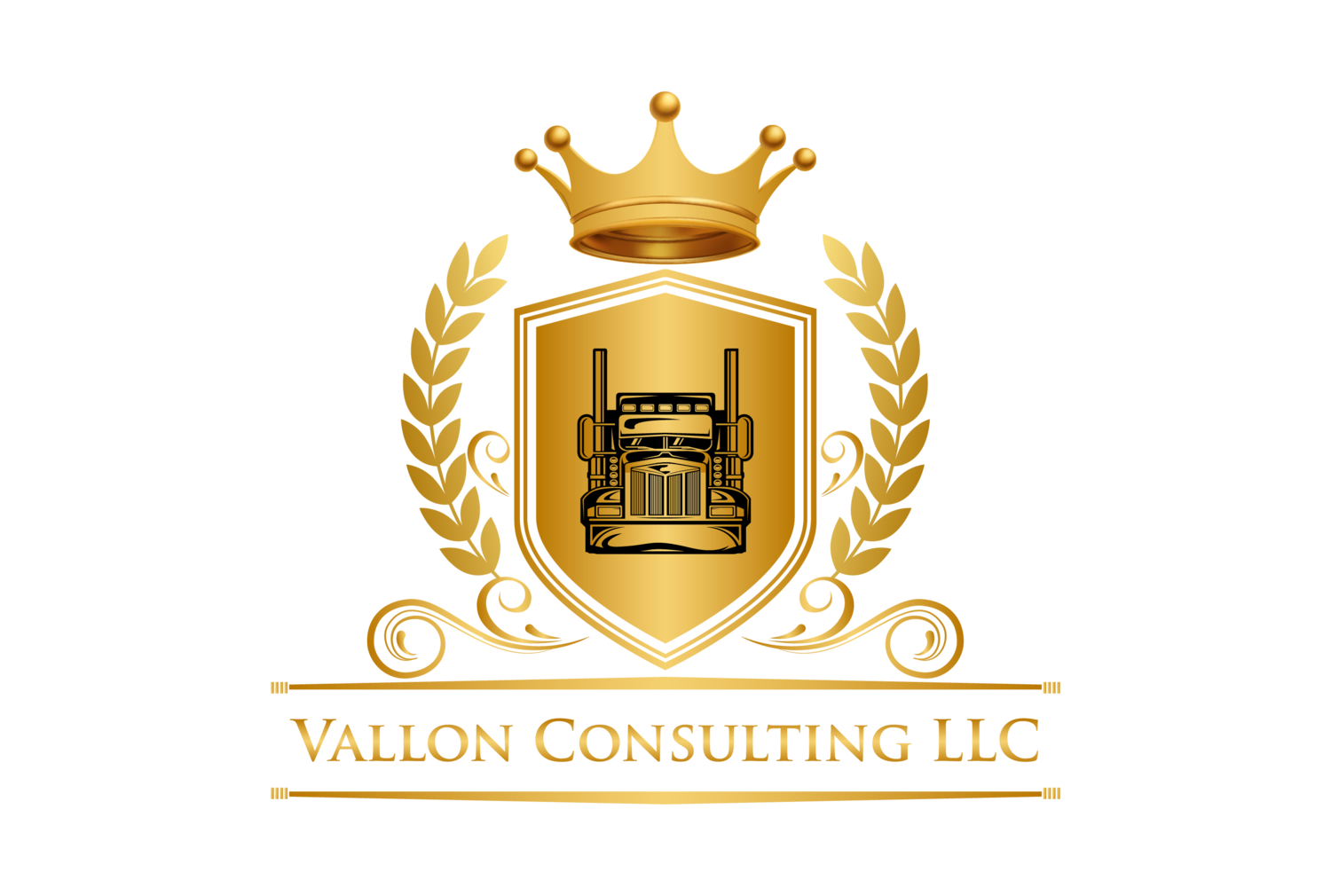Why Does the FMCSA require a DOT Drug Test
Drug and alcohol use by drivers is a safety issue that has been the focus of public concern since the 1960s. The FMCSA requires DOT drug tests for all commercial drivers because it has carefully established qualifications for drug and alcohol testing and has developed guidelines for scheduling and conducting testing based on sound scientific study.
What is the FMCSA?
The FMCSA is the Federal Motor Carrier Safety Administration, a US Department of Transportation branch. The FMCSA's mission is to improve truck and bus safety on our nation's highways. The FMCSA tries to enhance security by requiring DOT drug tests for commercial drivers.
What does the FMCSA do?
The Federal Motor Carrier Safety Administration (FMCSA) ensures that commercial motor vehicles (CMVs) operate safely on our nation's highways. Part of that responsibility includes reducing the number of CMV crashes and injuries by addressing the safety risks posed by drivers who use alcohol and drugs.
The FMCSA has established drug and alcohol testing regulations to help ensure that drivers are not impaired while operating CMVs. These regulations require DOT-regulated employers to:
Conduct pre-employment drug tests for all new drivers;
Randomly test 50% of their drivers each year;
Test any driver who is involved in a crash; and
Test any driver suspected of being influenced by drugs and alcohol.
FMCSA DOT drug tests
The FMCSA requires DOT drug tests to ensure that drugs and alcohol do not impair commercial motor vehicle drivers. Drug and alcohol impairment is a leading cause of accidents and injuries on our nation's highways. The FMCSA's goal is to reduce these accidents and injuries by removing impaired drivers from the road.
DOT drug testing is required for all drivers of commercial motor vehicles (CMVs) with a gross vehicle weight training (GVWR) of 26,001 or more. Drivers who operate CMVs in interstate commerce must take a DOT drug test if they have a commercial driver's license (CDL).
The tested drugs include marijuana, cocaine, amphetamines, opiates, and phencyclidine (PCP). The FMCSA has established cutoff levels for each drug, and a driver who tests positive at or above these levels is considered impaired and cannot operate a CMV.
The FMCSA requires that DOT drug tests be conducted by trained and certified collectors using urine specimens. The Department must approve collection sites of Health and Human Services (HHS), and collectors must follow strict specimen collection procedures to ensure the integrity of the specimens.
If you are required to take a DOT drug test, your employer will notify you and be given instructions on how to proceed. You will be asked to provide a urine specimen.
How are DOT drug tests administered?
There are several ways that DOT drug tests can be administered, depending on the company's policy and the type of test being conducted. The most common method is urine testing, which can be done either on-site or at a lab. Other methods include hair testing, saliva testing, and blood testing.
Who can get a DOT drug test?
There are many DOT drug tests, but the most common is the urine test. This is because it is the most accurate and reliable method of testing for drug use.
The DOT drug test can be given to any commercial driver who is required to have CDL. This includes both interstate and intrastate drivers. Drivers not required to have a CDL may also be given a DOT drug test if their employer requires it.
Conclusion
The Federal Motor Carrier Safety Administration (FMCSA) requires all commercial motor vehicle (CMV) drivers to undergo DOT drug tests. This includes drivers who operate vehicles with a gross vehicle weight rating (GVWR) of 26,001 pounds or more, as well as drivers who transport hazardous materials.
The FMCSA believes drug testing is important in keeping CMV drivers safe. Drug use can impair a driver's ability to operate a vehicle safely, leading to accidents and injuries. By requiring DOT drug tests, the FMCSA hopes to reduce the number of accidents and improve the safety of CMV drivers and the general public.
About Vallon Consulting LLC: Vallon Consulting is A Full-Service Trucking Consulting Company that tackles some of the most critical challenges and obstacles in the trucking industry. Our diverse global team is passionate about helping carriers and fleet managers meet their goals and ensure business stability. We do this by providing services, solutions, resources, and education.
At Vallon Consulting, We Take A “No Carrier Left Behind” Approach. Our Mission is to provide services and resources that address our client’s unique needs. You can learn more about us online at www.vallonconsulting.com and stay tuned with industry updates by following us on Instagram, LinkedIn, Facebook, and Twitter.

